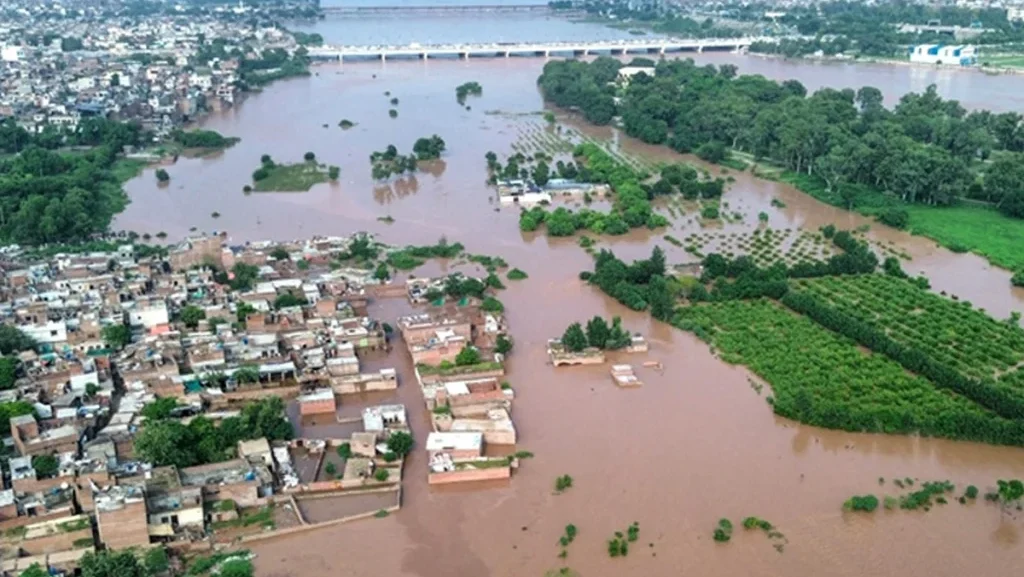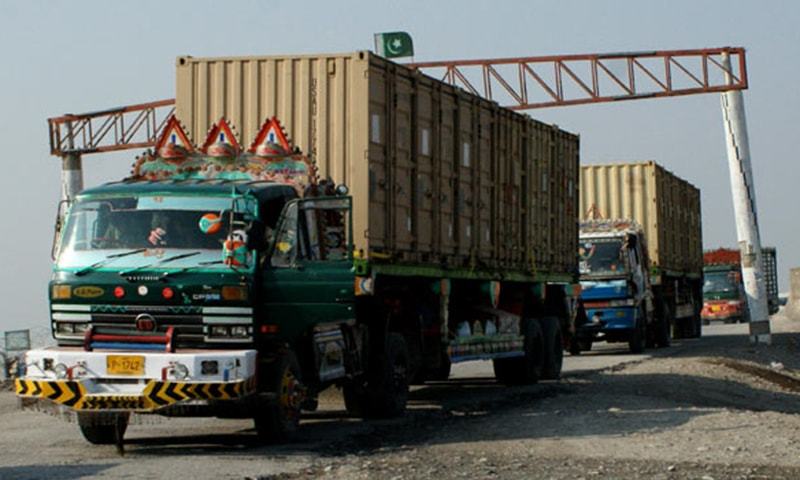The Food and Agriculture Organization (FAO) of the United Nations has warned that the cultivation of the upcoming Rabi crop could be severely affected due to the recent floods in Punjab and Khyber Pakhtunkhwa (K.P.). Meanwhile, the Punjab Disaster Management Authority has instructed its survey teams to prioritize public complaints during damage assessment.
In its preliminary report released on Monday, the FAO warned that the floods pose a risk to the availability of seeds for the 2025-26 Rabi and the 2026 Kharif seasons.
According to the report, the floods submerged 1.3 million hectares of land, of which 930,000 hectares was agricultural land. Punjab has been the most affected region.
The report adds that half of the wheat seed comes from farmers stored grain, a large portion of which has been destroyed due to flooding in their homes.
Although 80 to 90 percent of the seed is available in the formal sector, increased demand and rising prices are forcing farmers to sell the seed as grain. This will ultimately reduce the overall availability of seeds in the districts.
The floods in Pakistan have also severely damaged the livestock sector.
The recent floods have significantly impacted the supply of animal feed (fodder), leading to higher costs and reduced access in remote areas.
According to the report, livestock owners are being forced to sell their animals at low prices due to livestock diseases. Meanwhile, only 45 percent of fodder seeds are available in the formal market.
Stagnant water and overcrowding in shelters increase stress and the risk of disease among animals.
The FAO has warned of favorable conditions for the spread of Lumpy Skin Disease (LSD), Foot-and-Mouth Disease (FMD), and other infectious diseases.







